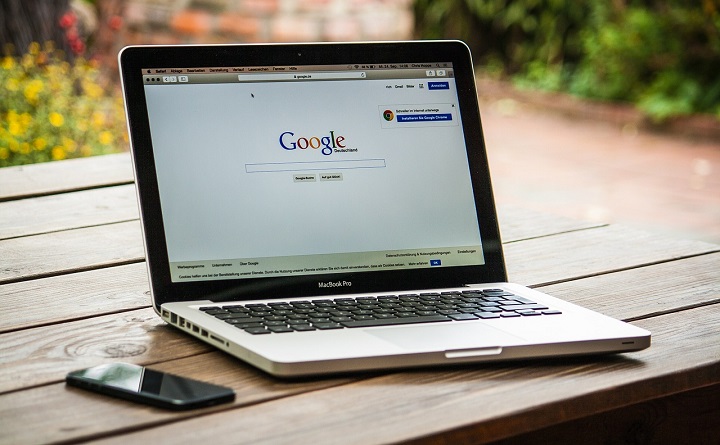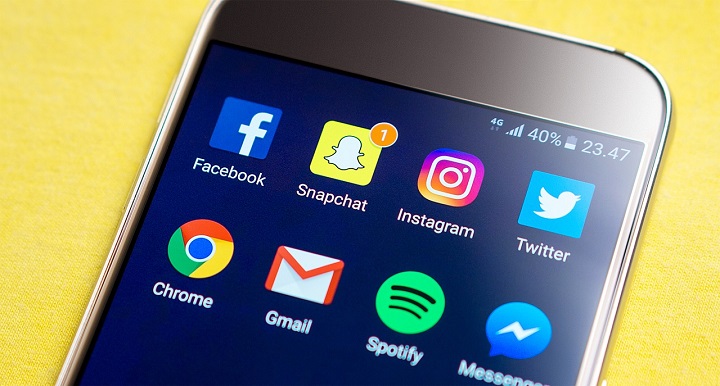Your Data at Risk: Should we be worried about Google and others?
After Facebook received tons of flak for making the people’s information available to 3rd party developers, marketer, and advertisers people should realize by now that the Internet is not a safe place for sensitive information. There is no 100% assurance that your information is safe on the Internet and that people should refrain from using it for things that need to be kept completely secret. Companies that own the servers can see all the data in them and data are a precious commodity that advertisers, marketers, and other third-party companies are willing to pay millions for to get. Even governments have tried or are actively trying to force IT companies into giving access to their servers for their users’ data, and maybe they already do. If that’s true then what other places should we be worried about? What other places have our personal information?
Your Data in Google
There are multiple answers to that, but the biggest offender after social media would be the biggest Internet company on the planet: Google. Their own track record isn’t spot-free. Just take their email registration procedure for example and you should see how much risk you already put yourself in: when you first register you are already asked for your name, phone number (to verify the user), and your birthdate (due to the age-restriction rule). You may fake out your name and birthdate, but your phone number and your IP address have certainly been recorded already.
Then comes the Privacy and Terms:
In using Google services to do things like writing a message in Gmail or in commenting on a YouTube video, they store the information created. It also says that when searching for a restaurant using Google Maps or when you watch videos on YouTube, as examples, they process the information about these activities, including information on the video that you watched, and the IP addresses, device IDs, location, and cookie data,
What this means is that they collect your user activity while you’re logged into Google. And that isn’t just limited to your PC:
They also combine data related to their services, across devices for such purposes. And you have to agree, otherwise, you won’t be allowed to use their services.
Now you might say “they are letting us delete our activity” anyway. Are we really sure? It may look to you that you’re deleting your activities but how can you be 100% sure it has already been stored somewhere else? You can never be too sure. In the end, the sure-fire way for Google not to be able to trace you is to not use their products. That includes your YouTube account, Android OS phone and your Chrome browser.
Your Data at Risk
Just about anywhere on the Internet: Social media sites, job search sites that require you to upload your resume, just about everywhere you put up your information is a risk. It’s not safe and there’s no way for you to tell when a malicious attacker will gather your personal data and use it against you. And you shouldn’t just assume that this only can happen to people in the USA or the west and not to someone who, say, live in Malaysia or Cambodia. There’s a reason why we want our information private. There’s a reason why other industries hire experts and spend thousands just to protect their users’ data. But when the business is the users’ data, and there’s someone out there who is willing to pay for it, you can be sure there’s someone out there willing to sell it.
Thousands of articles have already been written about how can people secure data and prevent companies from being able to gather personal data about themselves. Yet it’s like all of those articles are completely ignored in exchange for convenience. If you are okay with taking that risk, then you certainly have no right to complain once its security is compromised.


